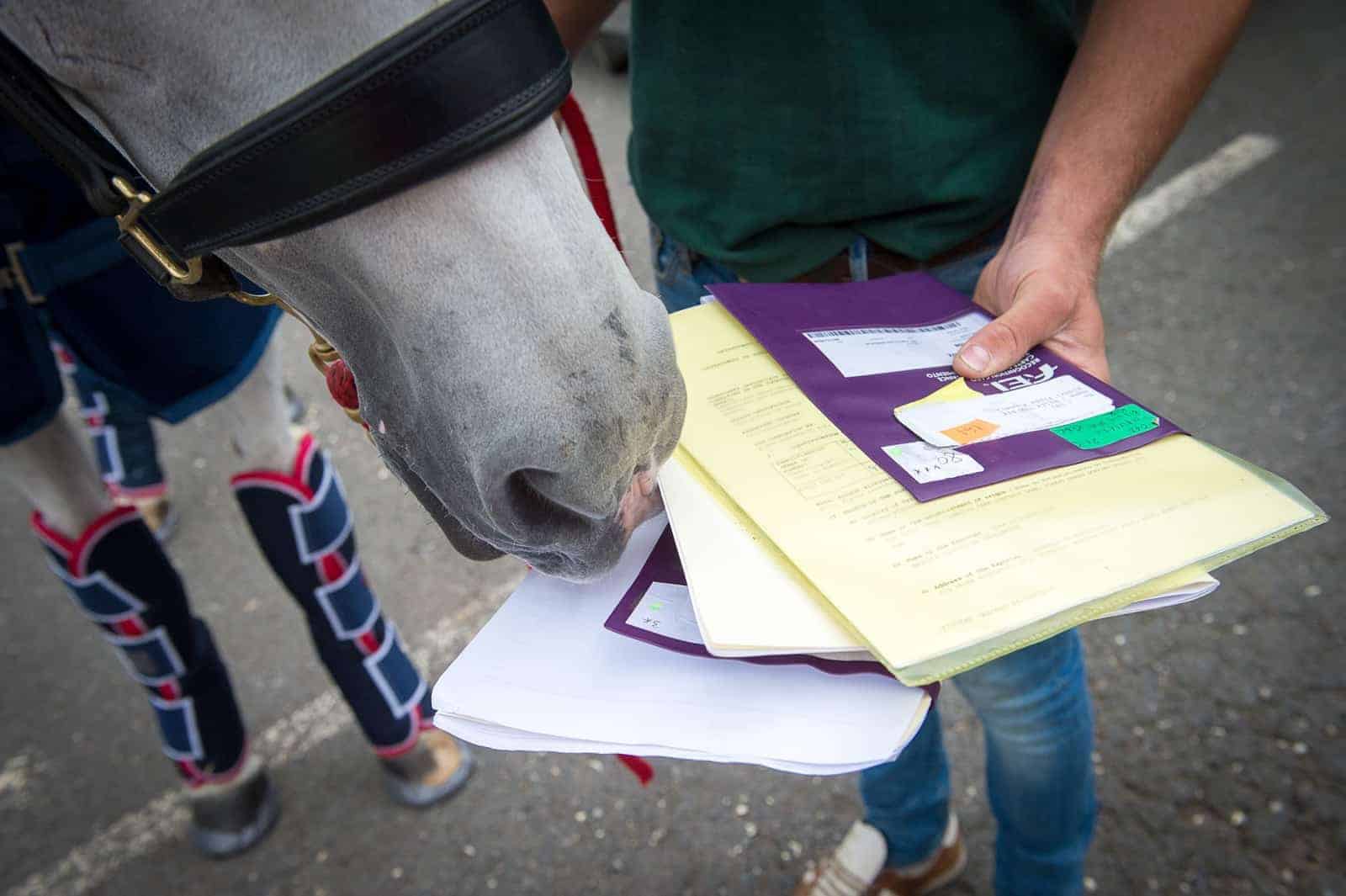How Will Brexit Impact British, European Horses?

As many as 25,000 horses a year can continue to cross the border between France and the United Kingdom (U.K.) unhindered, following a last-minute extension on the Brexit deadline. Until yesterday, however, equine industries in the U.K. and European Union (EU) had been bracing for a predicted halt in international horse movement as the previous April 12 deadline loomed.
European leaders met late on the evening of April 10 to address the U.K.’s break from the EU—commonly known as Brexit. Following a request for delay from U.K. Prime Minister Theresa May, the council granted an extension up to Oct. 31, giving the U.K. time to ratify a withdrawal agreement. Depending on the agreement law makers vote to support, it could streamline trade rules between the U.K. and its former political affiliation, according to political experts. But while the extension buys more time for negotiations, equine transport standstills and pileups at checkpoints remain a risk.
Horses from all walks of life—including race, sport, and show horses and breeding stock—are likely to experience delays and could even be refused at border checkpoints during transport, political and industry experts say, which could have possible health and welfare consequences, as well as economically impact horse owners, trainers, and brokers
Create a free account with TheHorse.com to view this content.
TheHorse.com is home to thousands of free articles about horse health care. In order to access some of our exclusive free content, you must be signed into TheHorse.com.
Start your free account today!
Already have an account?
and continue reading.

Written by:
Christa Lesté-Lasserre, MA
Related Articles
Stay on top of the most recent Horse Health news with












